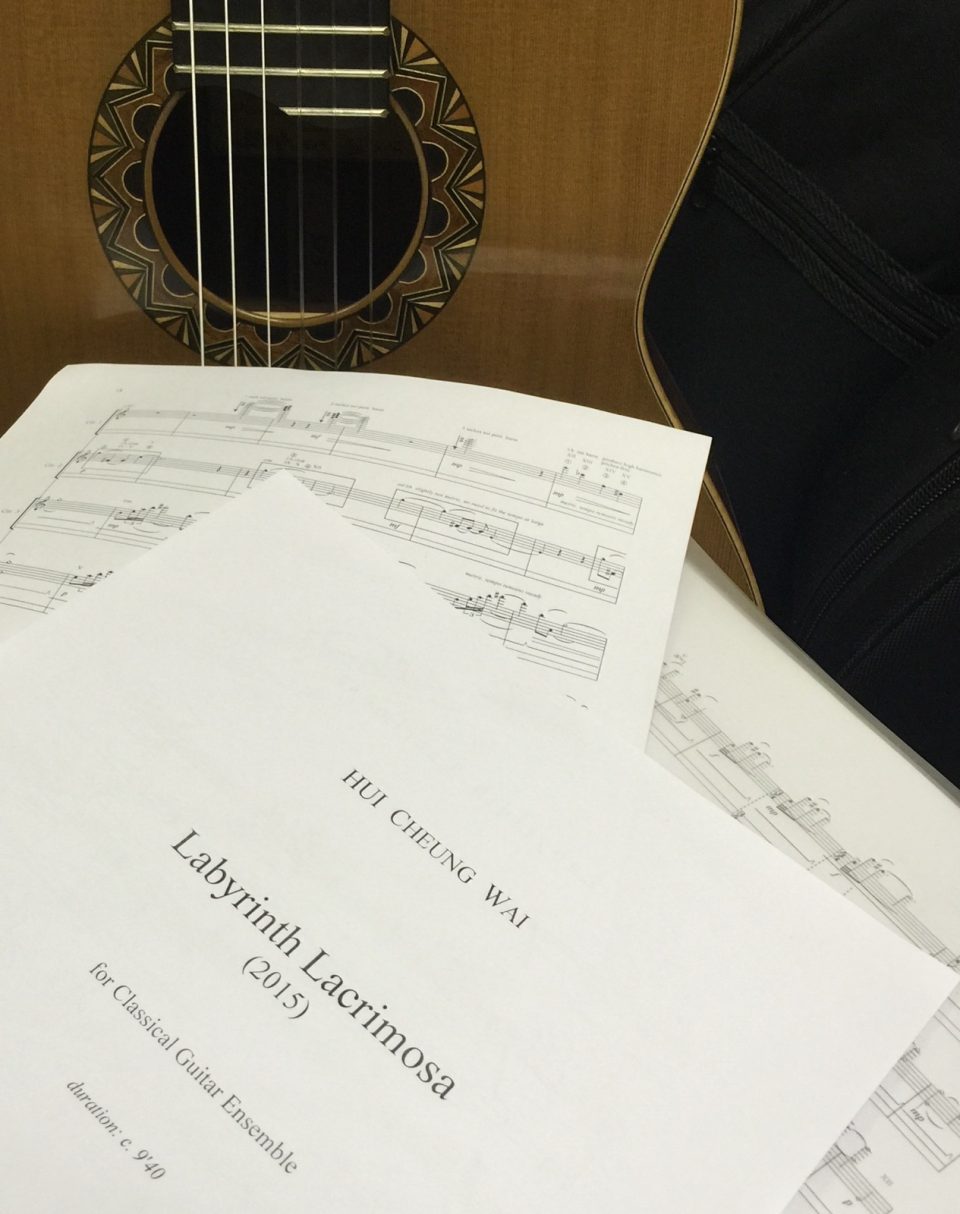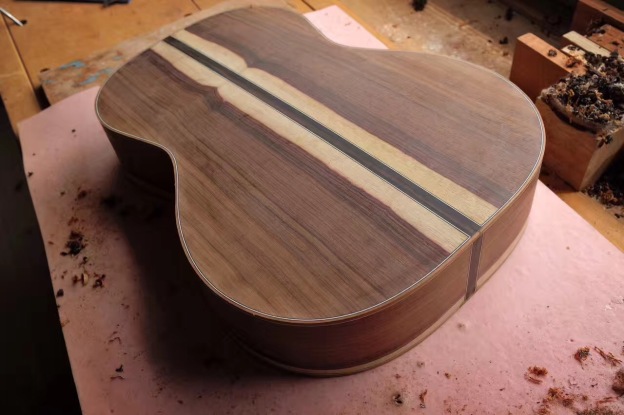Words are flowing out like endless rain into a paper cup
They slither while they pass, they slip away across the universe
Pools of sorrow waves of joy are drifting through my opened mind
Possessing and caressing me
Jai guru deva om
Nothing’s gonna change my world
Nothing’s gonna change my world
Nothing’s gonna change my world
Nothing’s gonna change my world
Images of broken light which dance before me like a million eyes
They call me on and on across the universe
Thoughts meander like a restless wind
Inside a letter box they
Tumble blindly as they make their way
Across the universe
Jai guru deva om
Nothing’s gonna change my world
Nothing’s gonna change my world
Nothing’s gonna change my world
Nothing’s gonna change my world
Sounds of laughter shades of life are ringing
Through my open ears inciting and inviting me
Limitless undying love which shines around me like a million suns
And calls me on and on across the universe
Jai guru deva om
Nothing’s gonna change my world
Nothing’s gonna change my world
Nothing’s gonna change my world
Nothing’s gonna change my world
Jai guru deva
Jai guru deva
Jai guru deva
Jai guru deva
Jai guru deva
Jai guru deva…
The flavour of the song was heavily influenced by Lennon’s and the Beatles’ interest in Transcendental Meditation in late 1967 – early 1968, when the song was composed. Based on this, he added the mantra “Jai guru deva om” (Sanskrit: जय गुरुदेव ॐ) to the piece, which became the link to the chorus. The Sanskrit phrase is a sentence fragment whose words could have many meanings. Literally it approximates as “glory to the shining remover of darkness” and can be paraphrased as “Victory to God divine”, “Hail to the divine guru”, or the phrase commonly invoked by the late Maharishi Mahesh Yogi in referring to his spiritual teacher, “All glory to Guru Dev”. Gabriel’s overtone singing adding the exotic flavour to this song.
On 4 February 2008, at 00:00 UTC, NASA transmitted the Interstellar Message “Across the Universe” in the direction of the star Polaris, 431 light years from Earth. The transmission was made using a 70m antenna in the Deep Space Network’s Madrid Deep Space Communication Complex, located outside of Madrid, Spain. It was done with an “X band” transmitter, radiating into the antenna at 18 kW. This was done to celebrate the 40th anniversary of the song’s recording, the 45th anniversary of the Deep Space Network (DSN), and the 50th anniversary of NASA.




